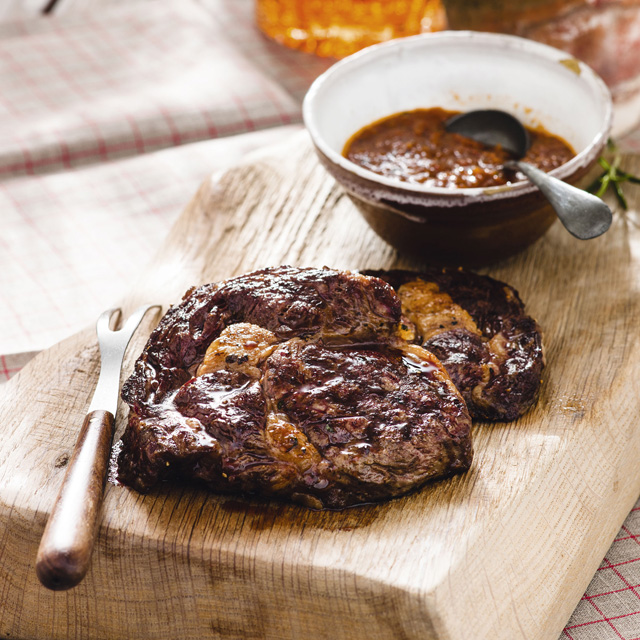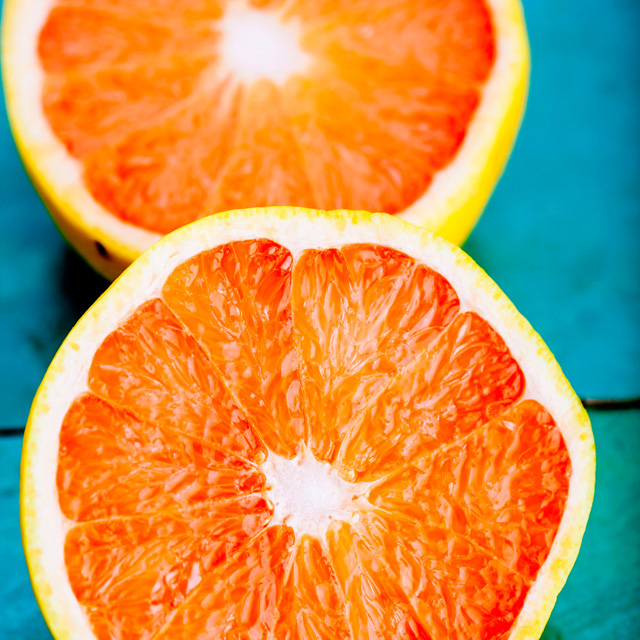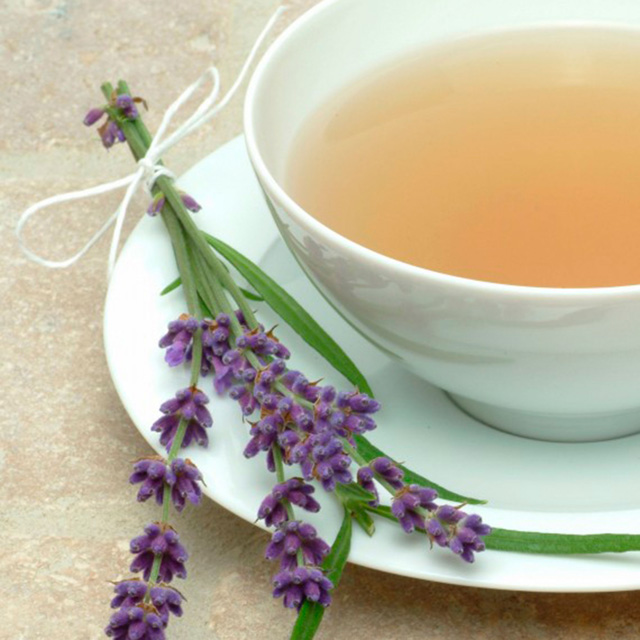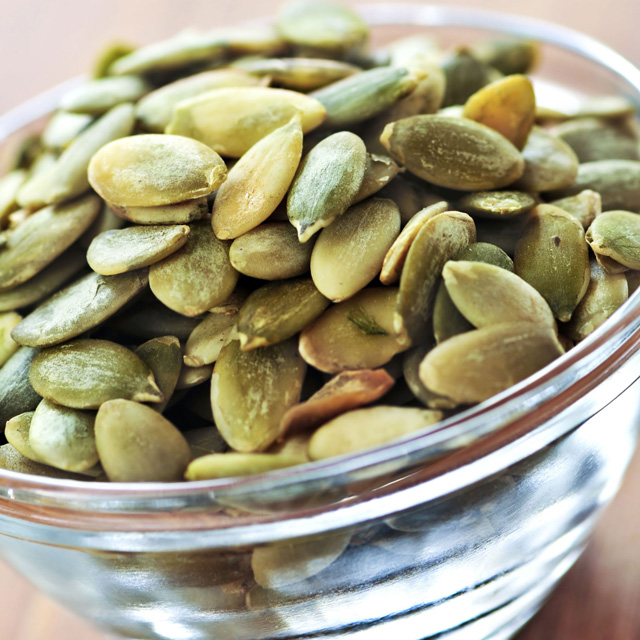How To Boost Your Immune System

As winter looms, the hankies come out... We all know (or happen to be!) that one person who's persistently sniffling or coughing around others.
Of course, we all get sick from time to time, but there are things you can do to rev up your immune system and prevent illness. Read on to find out how to give yourself the best possible chance at kicking flu to the kerb this winter...
- Get some winter sun
- A six day holiday can boost immunity for up to a month, as well as decreasing levels of proteins associated with dementia and depression. No time or funds for a getaway? Adopting healthy habits in your day-to-day life can also work wonders for your immune system.
- Stop smoking
- Smoking irritates the lungs and diverts the immune system from fighting infection.
- Exercise regularly
- Better circulation allows immune cells easier and quicker passage to their destinations.
- Maintain a healthy weight
- Excess fat stimulates 'pro-inflammatory' immune cells.
- Drink in moderation
- Binge drinking can have a negative impact on immune function within 20 minutes.
- Get enough sleep
- Sleep deprivation can decrease levels of active immune cells.
- Maintain good personal hygiene
- Washing hands, wiping surfaces and cooking food thoroughly can help to prevent the spread of disease.
- Eat a varied and balanced diet
- A few simple changes to what you eat can give your immune system a real boost. Read on for our top tips on eating to ward off illness.
1. Get more zinc

Zinc can shorten the length of the common cold. It plays an important role in the development of white blood cells - essential components of the immune system which destroy invading bacteria. The best source? Beef. Others include oysters, pork, lamb, shellfish, milk and yogurt. For vegans, nuts, seeds, kidney beans, wheat germ and fortified cereals are the best sources.
2. Get your 9 a day...

According to celebrity nutritionist Amelia Freer, we should aim to consume 6 portions of vegetables and 3 portions of fruit every day in order to winter-proof our immune systems. Aim for a combination of raw and lightly cooked fruit and veg to maximise nutrient absorption - some nutrients are destroyed by cooking processes, whilst others are released.
Fruits and vegetables rich in vitamin C will help to protect you against colds and other viruses. Our bodies can't store vitamin C, so try to consume small doses at regular intervals. The best sources include citrus fruits, red and yellow peppers, berries, kiwi fruit, strawberries and broccoli.
3. Drink tea with lemon

Tea - black, green and white - contains a virus-fighting acid. The only downside? If you are already sniffy, adding milk may encourage mucus to build up. A slice of lemon is a better option.
4. Eat nuts and seeds for vitamin E

Vitamin E-rich foods help to mount an immune response against the flu virus. Add a few seeds, such as pumpkin and sunflower, to your snack box or to soups and salads. Olive oil, nuts, mangoes and spinach are other good sources.
Sign up to our free daily email for the latest royal and entertainment news, interesting opinion, expert advice on styling and beauty trends, and no-nonsense guides to the health and wellness questions you want answered.
Get cooking with nuts too. They're great in salads and desserts, but for some fresh ideas, take a look at our nut recipes.
5. Make chicken soup
Chicken soup isn't known as "Jewish penicillin" for nothing! The protein in chicken assists in the formation of virus-killing antibodies, whilst the broth seems to ease bronchial congestion. Add garlic, onions, a good pinch of chilli and some healthy green veg for a medicinal feast.
Why not make our delicious chicken soup?
6. Eat more oily fish
Oil-rich fish are your best source of omega-3 fatty acids, which reduce inflammation and protect the lungs from colds and respiratory infections. They don't have to be fresh, either - canned will do the job. Your best options are mackerel, salmon, sardines, anchovies and herring.
Looking for recipe ideas? See our salmon recipes.
7. Choose probiotic yogurt
The right balance of gut bacteria is essential to a healthy immune system. Stock up on probiotic-rich foods such as live yogurts, sauerkraut, kefir and kimchee to feed good bacteria. Avoid sugar-laden yogurts, as sugar encourages the growth of bad bacteria, which can weaken the immune system over time.
8. Add more garlic
Garlic contains a potent anti-bacterial ingredient called allicin. Aim to eat about 7 cloves a week; try roasting whole heads in foil to accompany your Sunday roast, or crush and add to sauces, soups and casseroles.
9. Eat more mushrooms
Mushrooms encourage the production of infection-fighting white blood cells. A single shiitake mushroom a day could boost immune function, according to research. Add to pasta sauces, casseroles or soups, or serve on wholegrain toast.
10. Swap potatoes for sweet potatoes
Sweet potatoes are rich in beta-carotene, a powerful immunity-boosting antioxidant. It's important to include starchy root vegetables such as potatoes and squash, and unprocessed grains such as brown rice and quinoa in your winter diet, according to Amelia Freer, who warns that juice fasts and crash diets suppress immune function.
11. Up your vitamin D intake

Our bodies rely on sunlight to synthesise vitamin D, so experts recommend taking a 10mcg supplement between October and March. Eggs, fish and mushrooms are good natural sources of the nutrient.